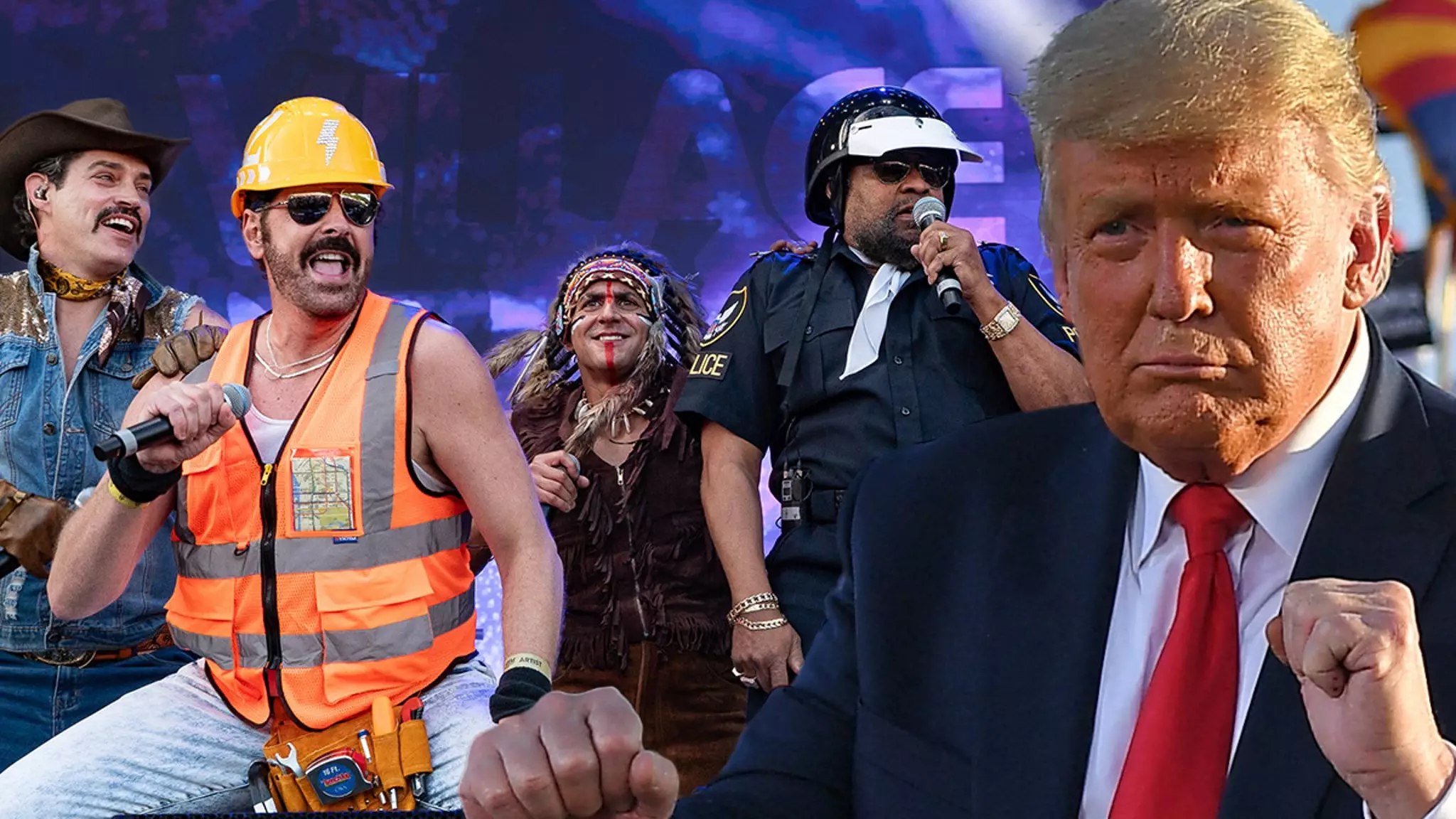The announcement that the iconic disco band, the Village People, will participate in Donald Trump’s inaugural activities marks a surprising shift in their relationship. Once a target of Trump’s rally playlists, which prompted legal discussions and public discontent from the band, the Village People have made a sudden turnaround. Their previous objections stemmed primarily from their unease with Trump’s political message and the values he represents. However, the band has proclaimed a newfound philosophy: performance should transcend political affiliation. This pivot reflects a broader trend in the entertainment industry, where artists sometimes find it more beneficial to engage with politically controversial figures rather than maintain a staunch opposition.
While the Village People seek to put the past behind them by referring to music’s unifying power, the decision is bound to evoke mixed responses. For some, the collaboration with Trump may feel like a betrayal of their progressive roots, which champion diversity and inclusivity—values often in opposition to Trump’s polarizing rhetoric. Their public statement, choosing to prioritize the artistic spirit over political discord, may resonate professionally but could alienate legions of fans who have longstanding ties to the band’s original ethos. Engaging with a figure perceived to represent division can be a risky gamble; they may face backlash, and it remains to be seen how their core audience will react.
“Y.M.C.A.”: A Symbol of Unity or Division?
The Village People’s choice to highlight “Y.M.C.A.” during these events is not just a musical selection; it symbolizes a complicated narrative. Initially an anthem of acceptance and freedom within the LGBTQ+ community, the song’s association with Trump raises questions about who truly owns a piece of art. As the Village People embrace this song to encourage unity following a contentious election, does it signal a shift in the meaning of the song itself? Many fans who fondly remember grooving to the upbeat melody at pride events may find themselves conflicted as it entertains in a political arena they may view skeptically.
This collaboration also shines a spotlight on the relationship between entertainment and politics in contemporary America. Artists frequently find themselves at the crossroads of personal beliefs and public personas, making the complex decision of whether to engage with divisive political figures. In a time when factions within the country seem more pronounced than ever, the Village People’s upcoming performance is likely to stir debate about the responsibilities of artists in socio-political contexts. It begs the question: Should art be an apolitical realm, or is it, by its nature, inherently tied to the realities of the world?
Looking Forward
As preparations unfold for Trump’s inauguration, the Village People hold the potential to serve as a bridge in a chasm of division—or a flashpoint for debate about the roles of art and politics. Their mixed legacy offers a profound commentary on how cultural figures navigate their beliefs while engaging with a divided audience. The upcoming events are shaping up to be just as contentious as the election that preceded them, challenging notions of unity in an era marred by political discord. The band’s actions will likely generate extensive discourse—both within their fan base and throughout the political landscape—transforming a celebration into an examination of the influence of music and celebrity on the political sphere.

